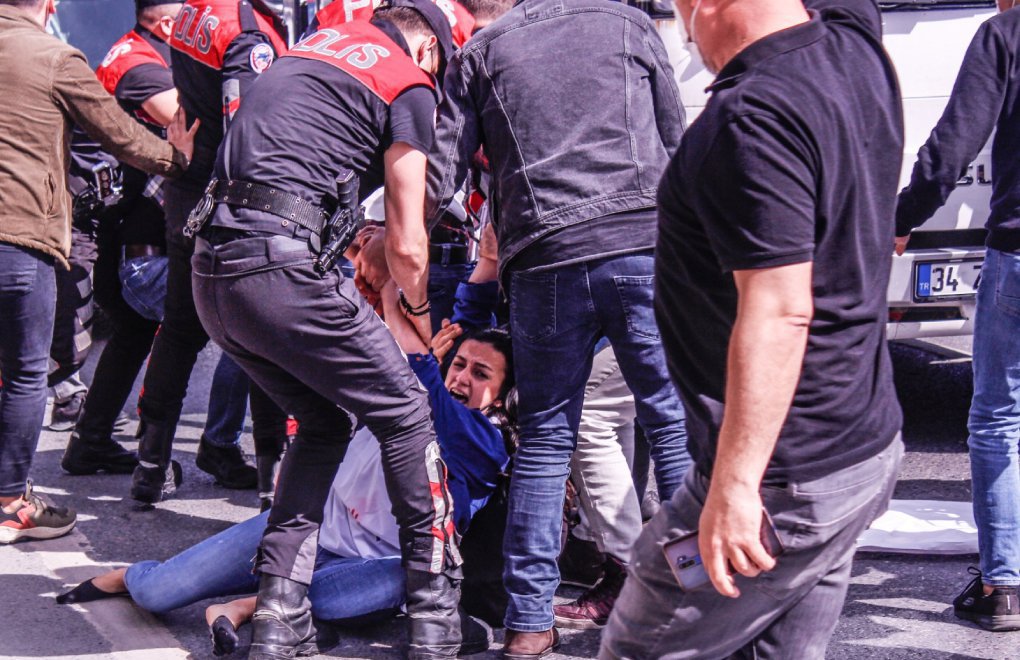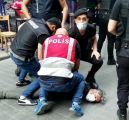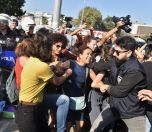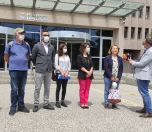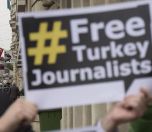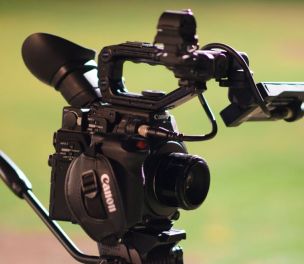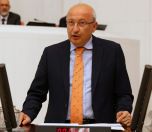* Photo: Vedat Örüç / bianet
Click to read the article in Turkish / Kurdish
The Ankara Bar Association has filed a lawsuit against the circular signed by General Director of Security Mehmet Aktaş and banning journalists and citizens from audio and video recording during public incidents. Appealing to the Council of State, the Ankara Bar Association has requested the stay of execution and annulment of the circular in question.
The petition submitted to the high court has noted that everyone has the right to seek their rights by using legitimate means as per the Article 36 of the Constitution. It has further underlined that the circular might lead to some irrecoverable consequences to the point that evidence concerning the Criminal Justice System might disappear or could not be collected.
The Ankara Bar has specifically referred to the May Day celebrations attempted to be held in İstanbul's Taksim on Saturday: "Right after the circular was issued, the reporter who was filming the disproportionate police violence against the protestors who wanted to take to Taksim, İstanbul on May 1 was reminded of the circular and prevented from capturing images. This incident is a harbinger of other violations of rights."
The petition of the Bar has also referred to the incident where George Floyd was killed by police violence in the US. The petition has underlined that "if there had been no video footage, the act of white police officer Derek Chauvin, who was charged with killing George Floyd, would not have been put on trial, nor the perpetrator would have been known."
'They are unarmed, unauthorized, powerless'
Referring to the recent history of Turkey as well, the Ankara Bar Association has reminded the Council of State that "the material and immaterial damages incurred by the citizens subjected to the unjust intervention of police officers could be proven only thanks to video records."
Emphasizing the importance of the "state's reflex of protecting its citizens before public officers", the Bar has said, "The citizen is the unarmed, unauthorized and powerless side. The state has the obligation to prevent all types of interventions targeting the right to physical and mental integrity of the persons living within its field of sovereignty and control, to carry out an effective investigation and prosecution concerning the interventions that could not be prevented and to identify and penalize the responsible parties."
The petition has stressed that "the fact that violence stems from the state or from private legal persons does not affect the positive obligations of the state in that sense," adding that "under all circumstances, the state is obliged to protect its citizens from all types of unjust intervention."
Emphasis on domestic, international law
At this point, the Ankara Bar Association has underlined that "the public is informed about the activities of the law enforcement thanks to social media," noting that a public opinion is formed about this as a result. The petition has further noted that "an unjust act targeting a law enforcement officer might also be brought to the public attention in this way and the incident in question might be put on trial in an urgent trial thanks to public pressure."
Saying that "the actions of the law enforcement might also be taken to court when the related acts are fulfilled in such a way to interfere with the fundamental rights and freedoms and, thus, human rights and in violation of the law", the Ankara Bar has stressed that "it is of special importance to inspect and review the actions of the law enforcement in terms of human rights according to both the international law and the domestic law."
Against this backdrop, the Ankara Bar Association has requested an immediate stay of execution and annulment of the circular.
What happened?
The Directorate General of Security, on April 27, issued a circular that bans recording voices and images at demonstrations. The Progressive Lawyers Association (ÇHD) İstanbul Branch revealed the circular issued by the signature of Director General of Security Mehmet Aktaş.
With this circular, the police have been instructed to prevent the people who capture the images or voices of police officers during demonstrations and to take legal action against the related people.
The circular has argued that posting the recorded voices and images of police and civilians "violates the privacy of private life", adding that capturing voices and images prevents the fulfillment of duty as well. (HA/SD)




